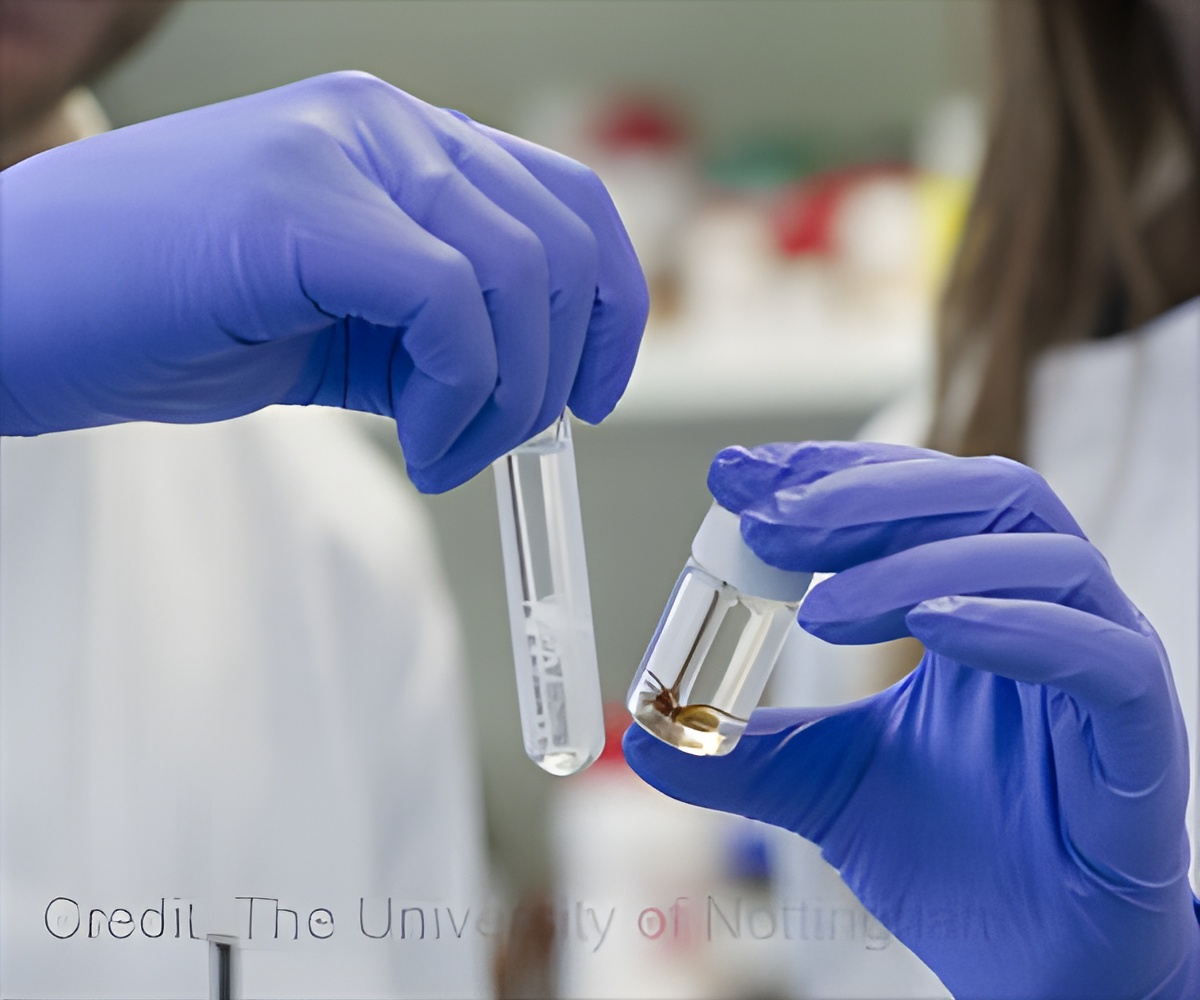New antimicrobials, which could be used to treat infections caused by multidrug-resistant bacteria have been developed.

Antimicrobial resistance is the ability of a microorganism, such as a bacterium or virus, to resist the effects of an antimicrobial, which was originally effective for treatment of infections caused by it. Anti-microbial resistance is a growing threat, with 700,000 people around the world each year dying due to drug-resistant infections including tuberculosis, HIV and malaria. A review of anti-microbial resistance has predicted that if no action is taken, drug-resistant infections will kill 10 million people a year by 2050. England's Chief Medical officer, Dame Sally Davies has said that such resistance to antibiotics could spell the end of modern medicine.
In this original piece of research, it was discovered that the antibacterial activity of the licensed antibiotic colistin, was significantly enhanced when used in combination with a new manganese tricarbonyl complex. The combination was far more effective in killing multidrug-resistant bacteria than colistin alone. The activity was also confirmed in an insect model of infection, where survival rates of 87% were observed in those treated with the combination, compared to 50% survival in those given colistin alone. This work highlights the activity of the first of many antimicrobials under development, with sister antimicrobials even more active than the first.
Lead author Dr Jonathan Betts, from the University of Surrey, said: "Antimicrobial resistance is a constant threat, as bacteria continue to evolve at a rapid pace. This makes it very difficult for us to treat bacterial diseases, as many antibiotics are becoming redundant, limiting the treatments available to people and animals.
"However, by combining these drugs, in our case with a novel metal-complex, we could extend their lifespan and effectiveness, helping us tackle this growing threat. Antibiotics which are no longer effective could potentially be reactivated when used with this compound, providing medical professionals greater options in treating diseases."
Professor Roberto La Ragione, Head of the Department of Pathology and Infectious Diseases in the School of Veterinary Medicine, at the University of Surrey, said: "The Chief Medical Officer Dame Sally Davies was correct in warning of a post-antibiotic apocalypse, as the danger posed by antimicrobial resistance is unprecedented.
Advertisement
Source-Eurekalert











